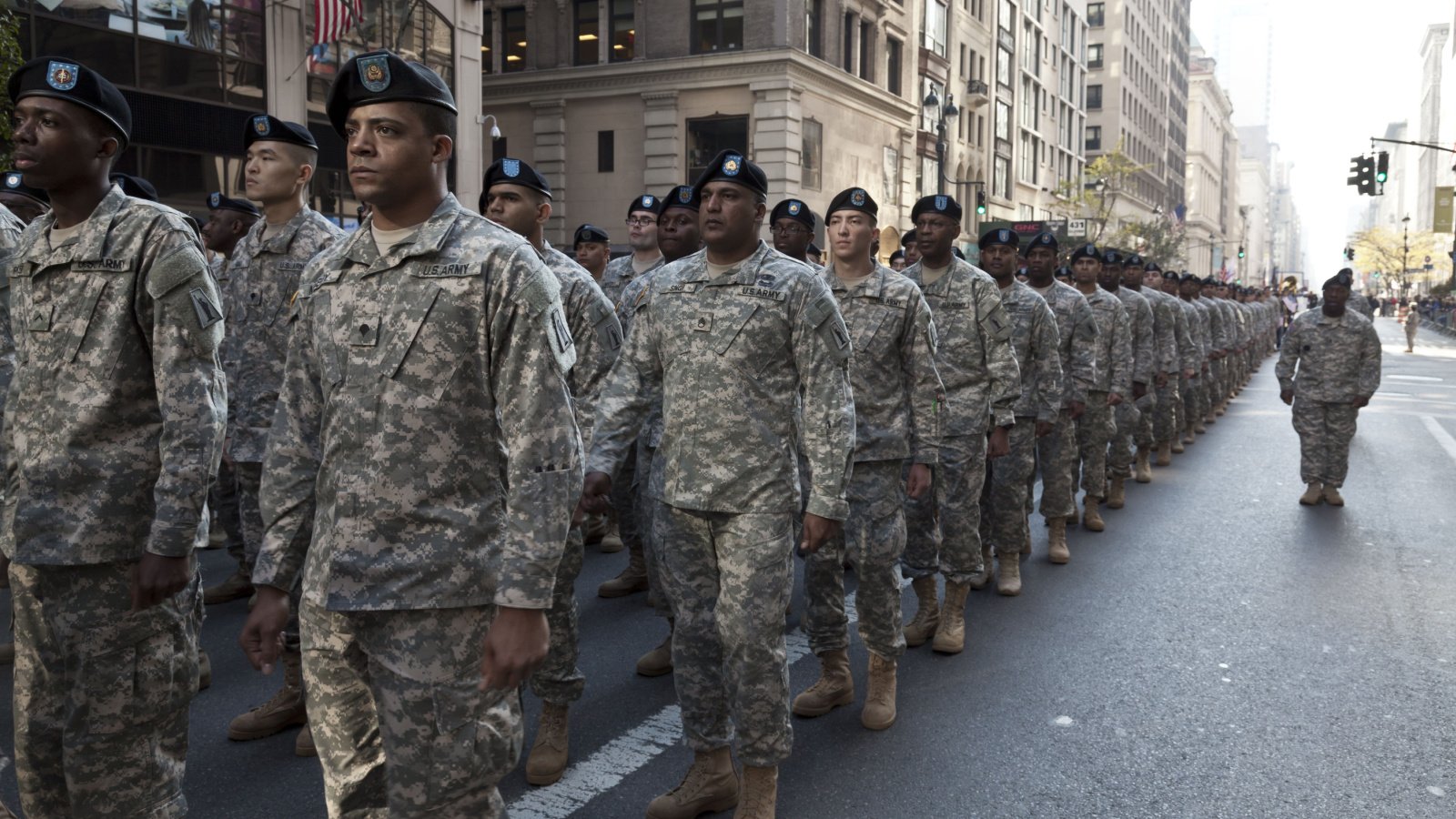The United States military, one of the largest and most powerful armed forces in the world, encompasses far more than the average citizen realizes.
With operations around the globe, the military’s role extends beyond traditional warfare. It plays a critical part in cyber warfare and space defense, which are increasingly essential to national security.
Here, we reveal lesser-known aspects of the military, shedding light on its multifaceted roles beyond combat operations.
Secrecy

The Pentagon routinely executes operations that are not public knowledge. This includes clandestine missions in politically sensitive areas to protect national interests. The scope and details of these operations are only known by a select few to maintain operational security.
Code of Conduct
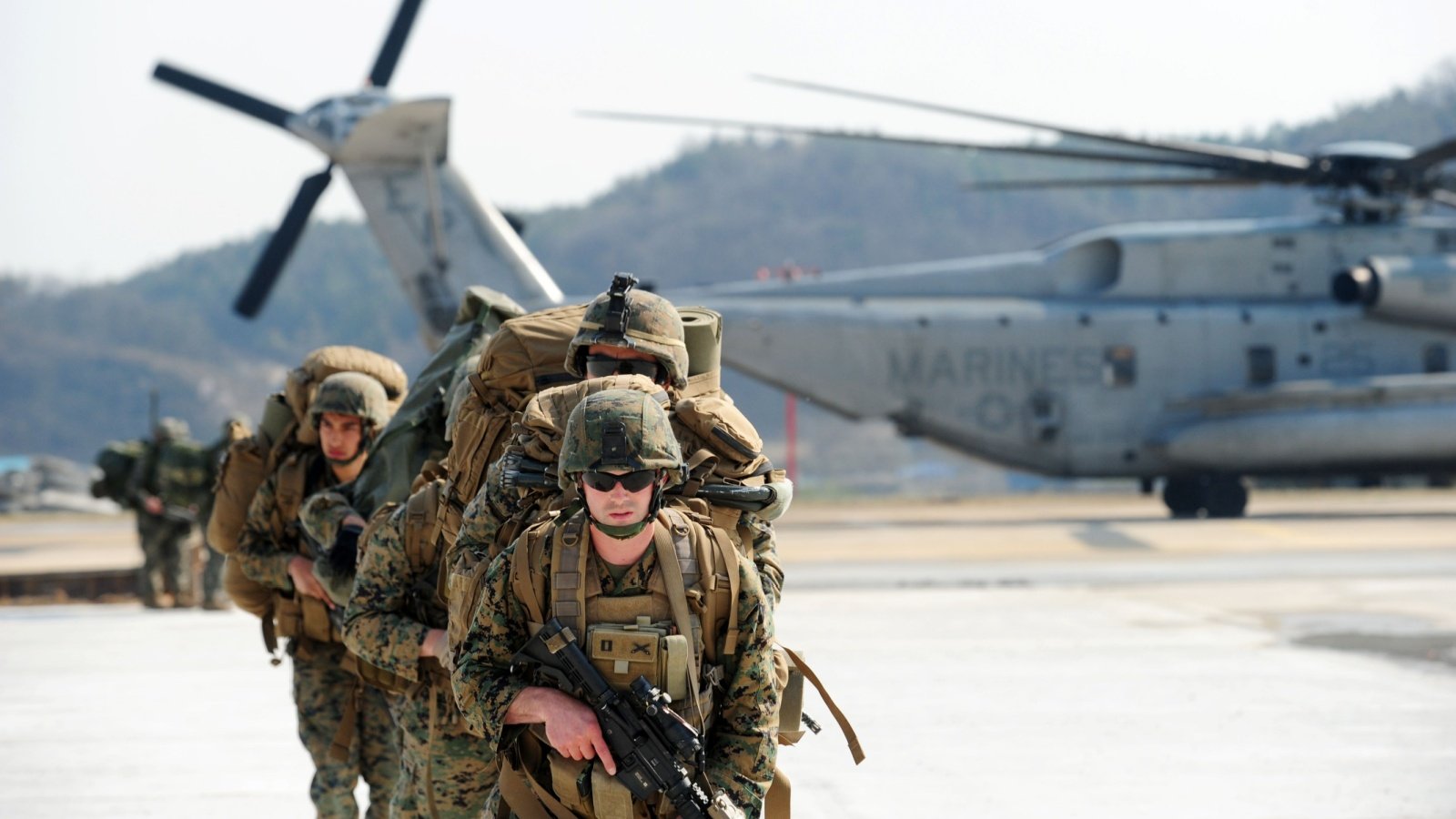
Every member of the U.S. military undergoes rigorous training on the Code of Conduct. This training prepares them to behave honorably in combat and captivity situations. The code acts as a moral compass, especially when soldiers face ethical dilemmas.
Advanced Tech
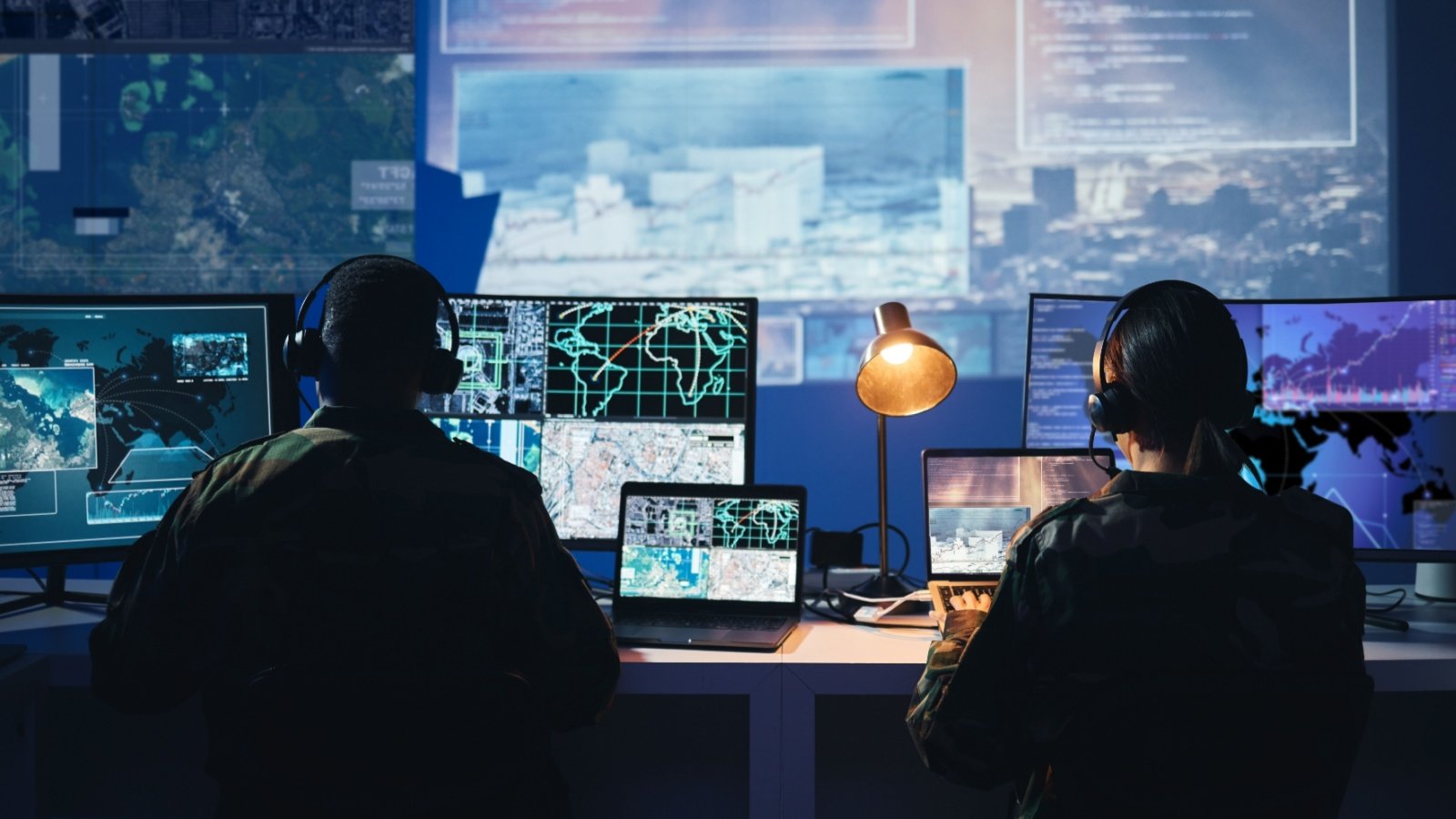
The military’s technology far surpasses anything available to the civilian sector. For instance, stealth technology, originally developed in the 1970s, allows aircraft and ships to evade radar detection. Such technological advancements give the U.S. a significant edge in conflicts.
Language Training

Soldiers often receive training in foreign languages. This preparation is crucial for building cooperation with local populations and gathering intelligence. The Defense Language Institute Foreign Language Center is the primary training facility for this purpose.
Space Operations

The U.S. Space Force, established in December 2019, manages military operations in outer space. They monitor potential threats against American satellites and space assets. The Force’s creation underscores the increasing importance of space in national defense strategies.
Cyber Warfare

Capabilities Cyber Command, a unit within the Department of Defense, is dedicated to conducting cyber operations. These operations protect the U.S. from cyber attacks and engage in offensive measures when necessary. These operations are tightly guarded to prevent information leaks.
Medical Teams

The military employs specialized medical teams that are trained to handle battlefield injuries. These teams must operate under extreme conditions to save lives. Their work is vital in reducing fatalities and ensuring the health of the troops.
Deep Sea Ops

The Navy conducts operations that explore and utilize the depths of the ocean. Submarines equipped with nuclear capabilities patrol undetected for months. These missions are crucial for national security and scientific research.
Military Satellites

The military uses a network of satellites for surveillance, communication, and navigation. These satellites can pinpoint targets, guide missiles, and provide real-time data on global hotspots. Their operation is a closely guarded secret, enhancing U.S. strategic capabilities.
Veterans’ Struggles

Many veterans face challenges such as PTSD and homelessness after their service. Programs exist to assist them, but awareness and resources are often lacking. Highlighting these issues is essential for providing proper support to our veterans.
Intelligence Gathering
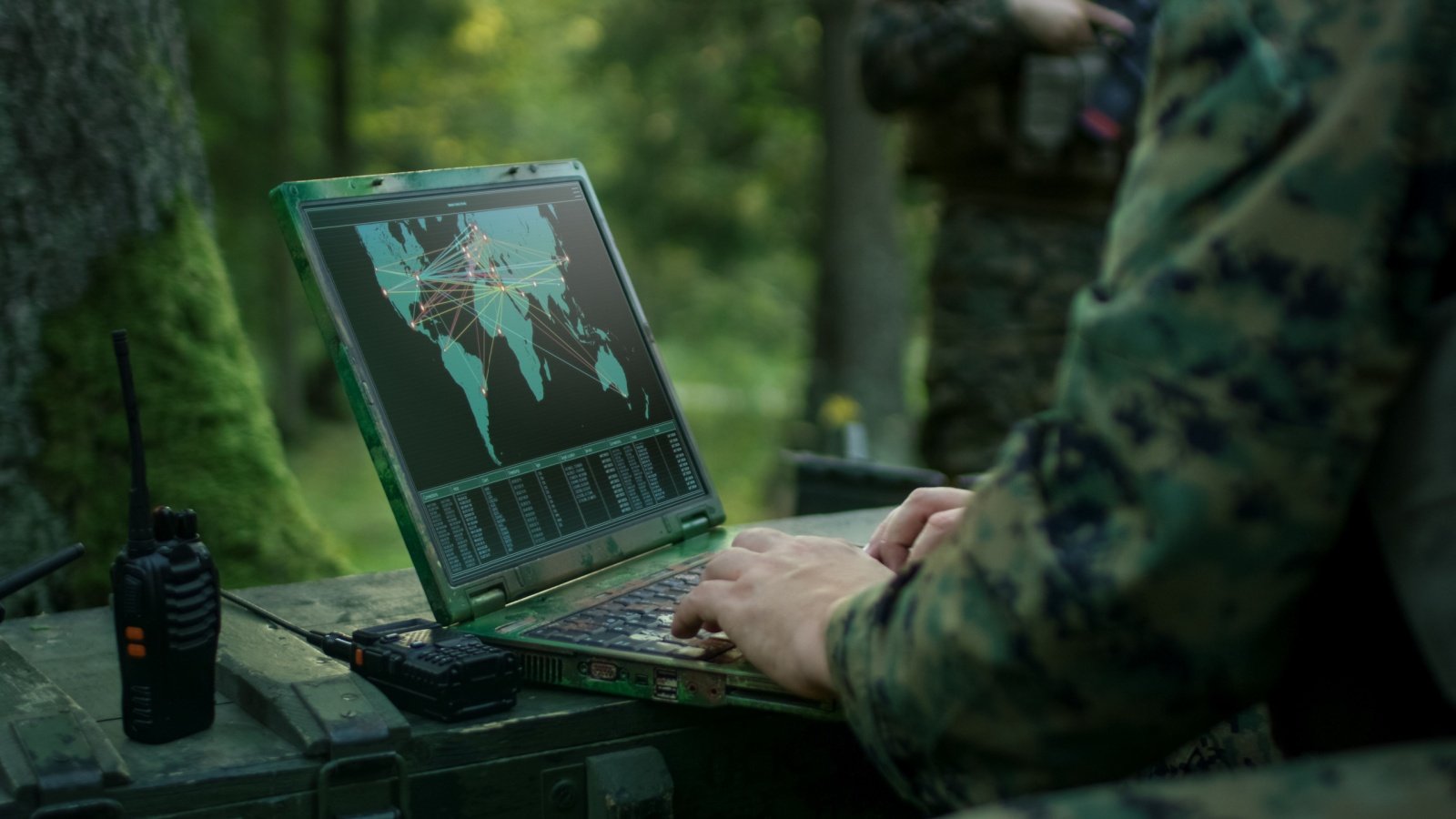
Military intelligence involves more than just spying; it includes analysis and data interpretation to predict enemy movements. The intelligence gathered forms the backbone of U.S. defense strategies. This work is often done in secret to protect the lives of operatives.
Mental Resilience

The military places a strong emphasis on mental resilience. Programs designed to enhance mental toughness help soldiers cope with the stresses of military life. This training is crucial for maintaining effective combat forces.
Undercover

Many soldiers operate undercover in roles that are not disclosed to the public to protect their identities and missions. These roles may involve blending into foreign communities to gather intelligence or influence outcomes.
Local Economies
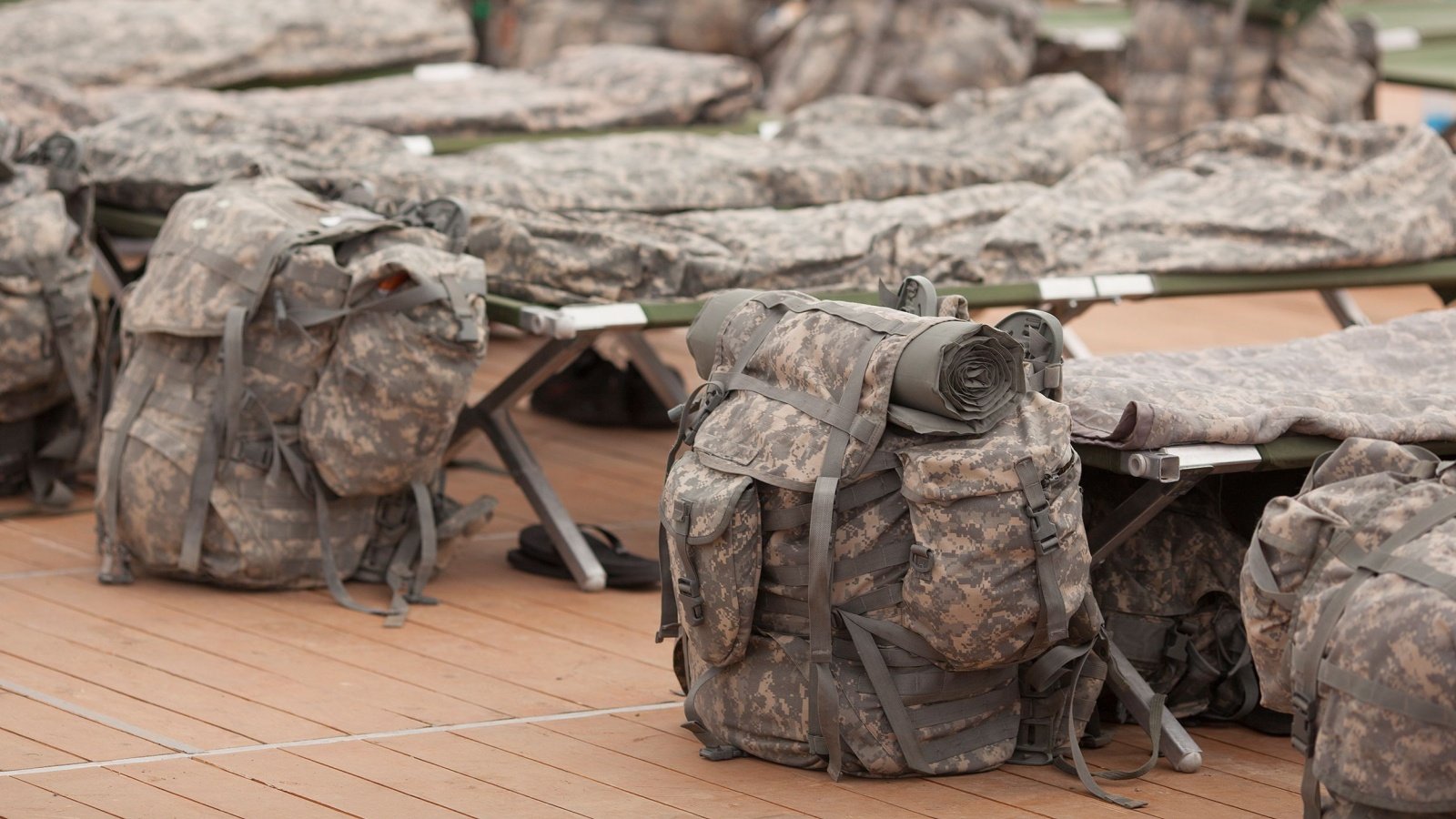
Military bases are often economic engines for their local communities. They provide jobs and foster economic development in areas that might otherwise struggle financially. The strategic placement of these bases is a matter of national security.
Disaster Response
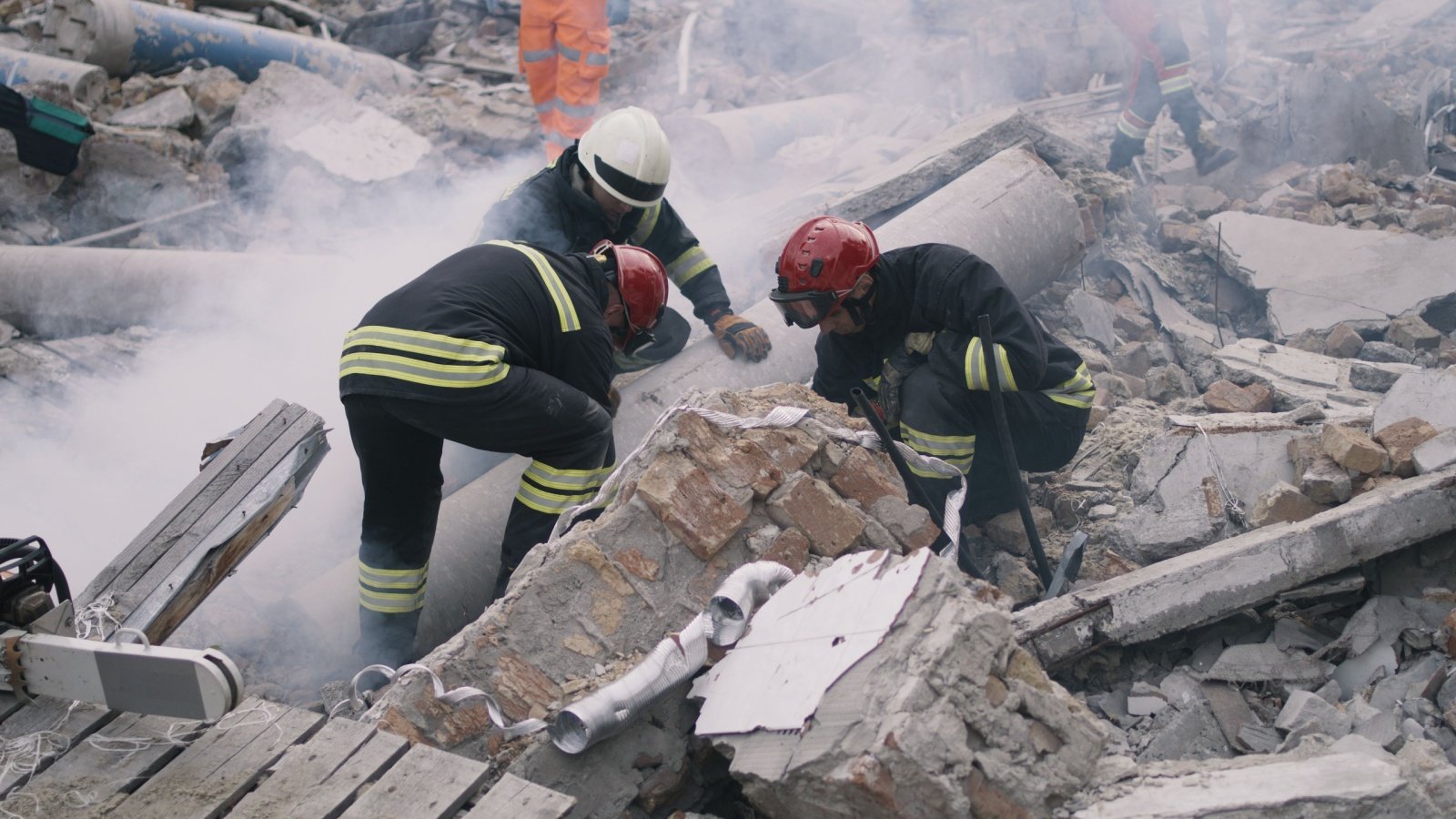
The military’s role in disaster response is profound but not widely recognized. They provide crucial logistics and manpower in times of natural disasters. This assistance is pivotal in saving lives and restoring order.
Animal Use

Animals, particularly dogs and horses, play critical roles in military operations. They are used for tasks ranging from bomb detection to search and rescue missions. The training and care of these animals are taken very seriously by the military.
Experimental Aircraft
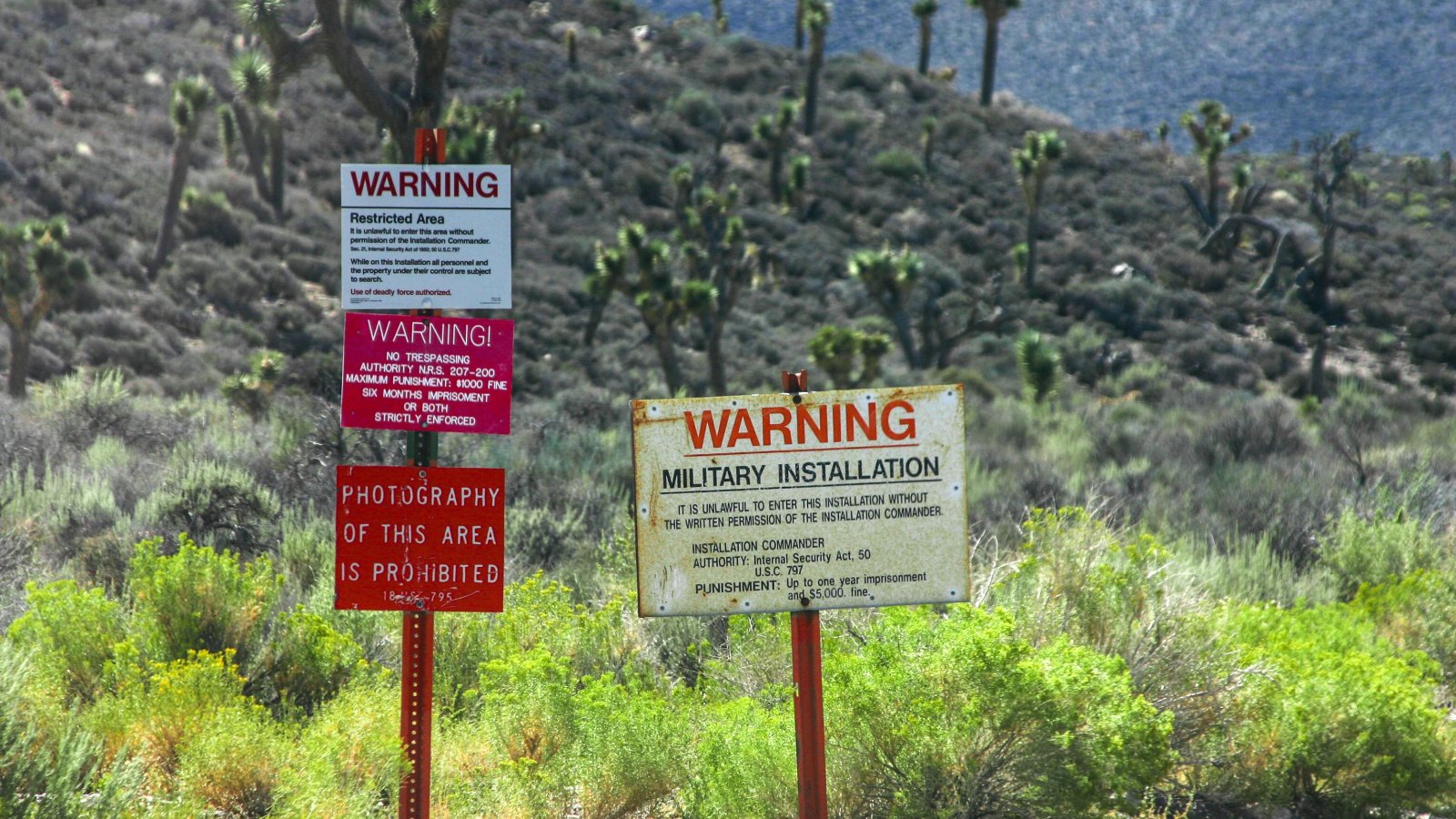
The military often tests and develops experimental aircraft at secretive bases like Area 51. These aircraft can include new stealth technologies or unmanned drones. The outcomes of these tests can reshape future military capabilities.
Nutritional Science

The military invests heavily in nutritional science to keep soldiers healthy and combat-ready. Meals Ready to Eat (MREs) are scientifically formulated to provide maximum nutrition and shelf life.
Family Life

Families of military personnel often face unique challenges, including frequent relocations and the stress of deployment. Support networks and resources are available, but the transient nature of military life can strain family dynamics.
Encryption
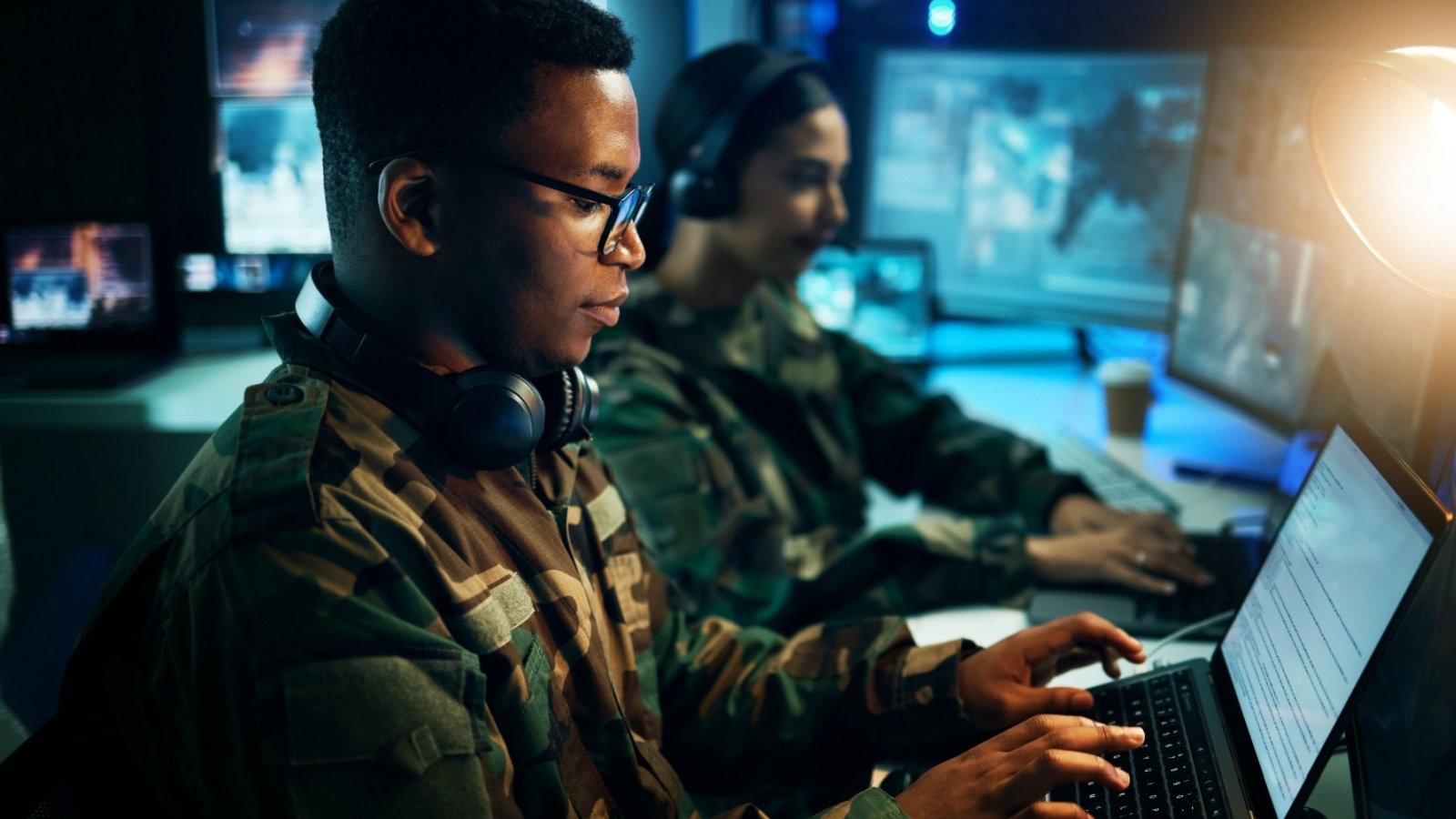
The military uses highly encrypted communications systems to protect sensitive information. These systems are designed to be secure against even the most sophisticated hacking attempts. The technology and protocols used are among the most advanced in the world.
History
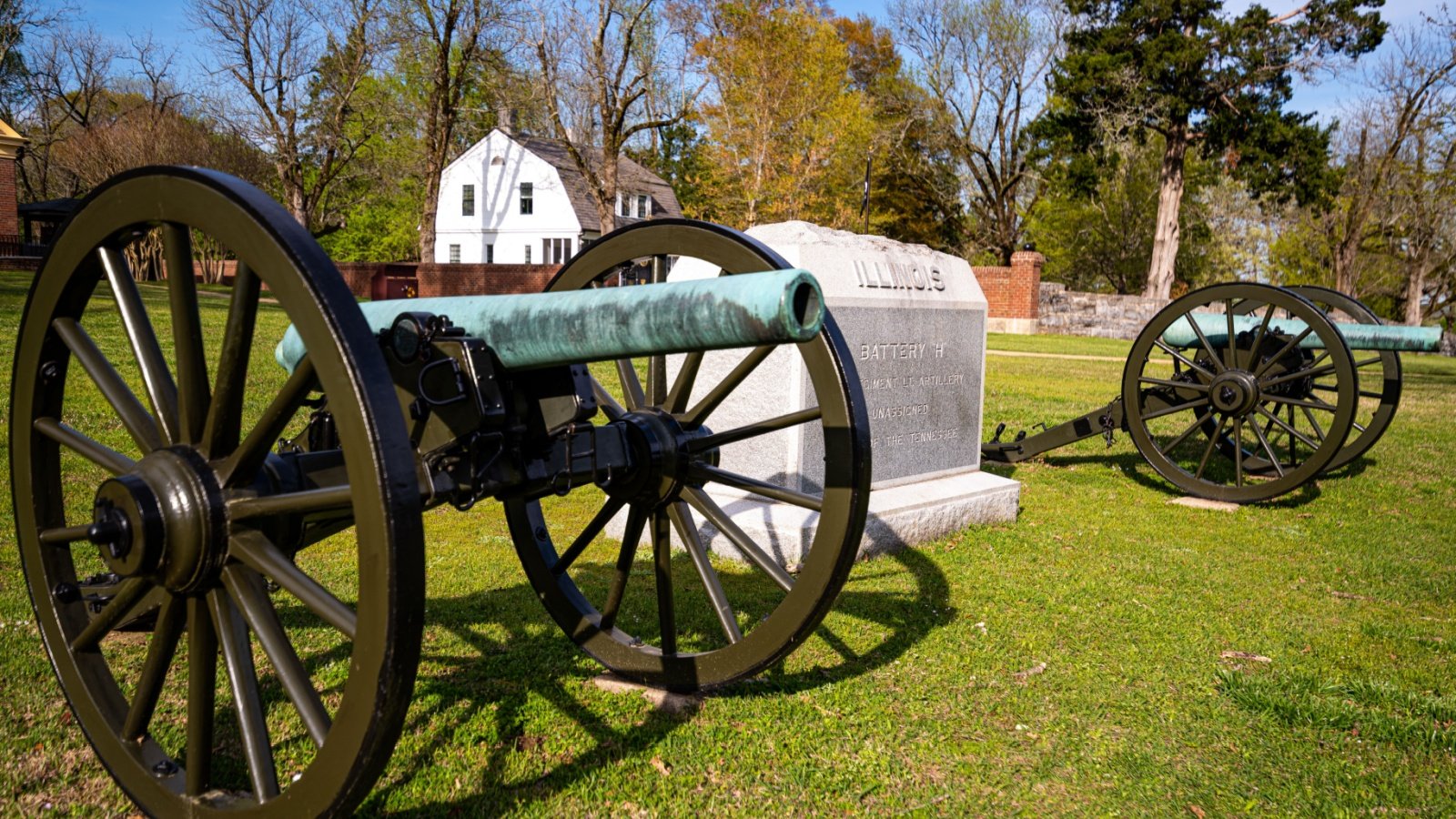
The military is sometimes tasked with protecting historical artifacts and cultural sites in war zones. This role includes safeguarding such sites from looting or destruction during conflicts. Their efforts help preserve important aspects of human heritage.



